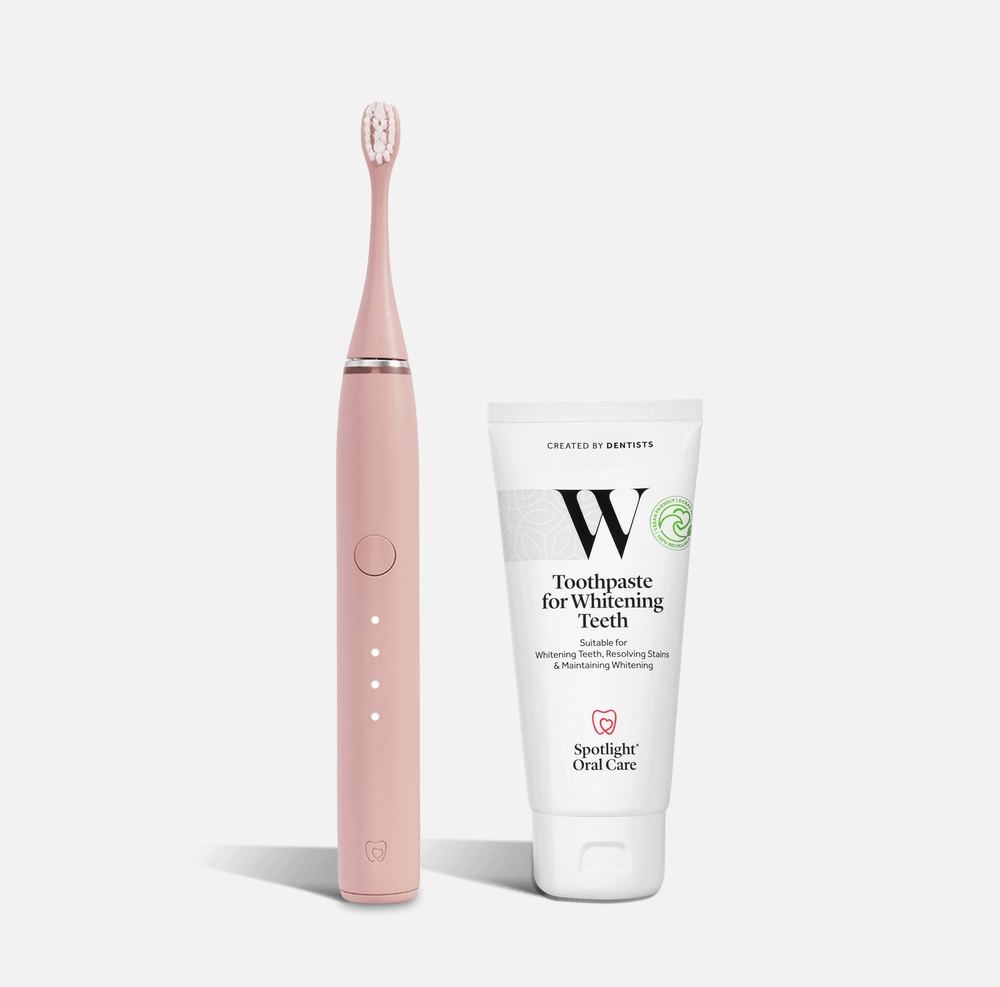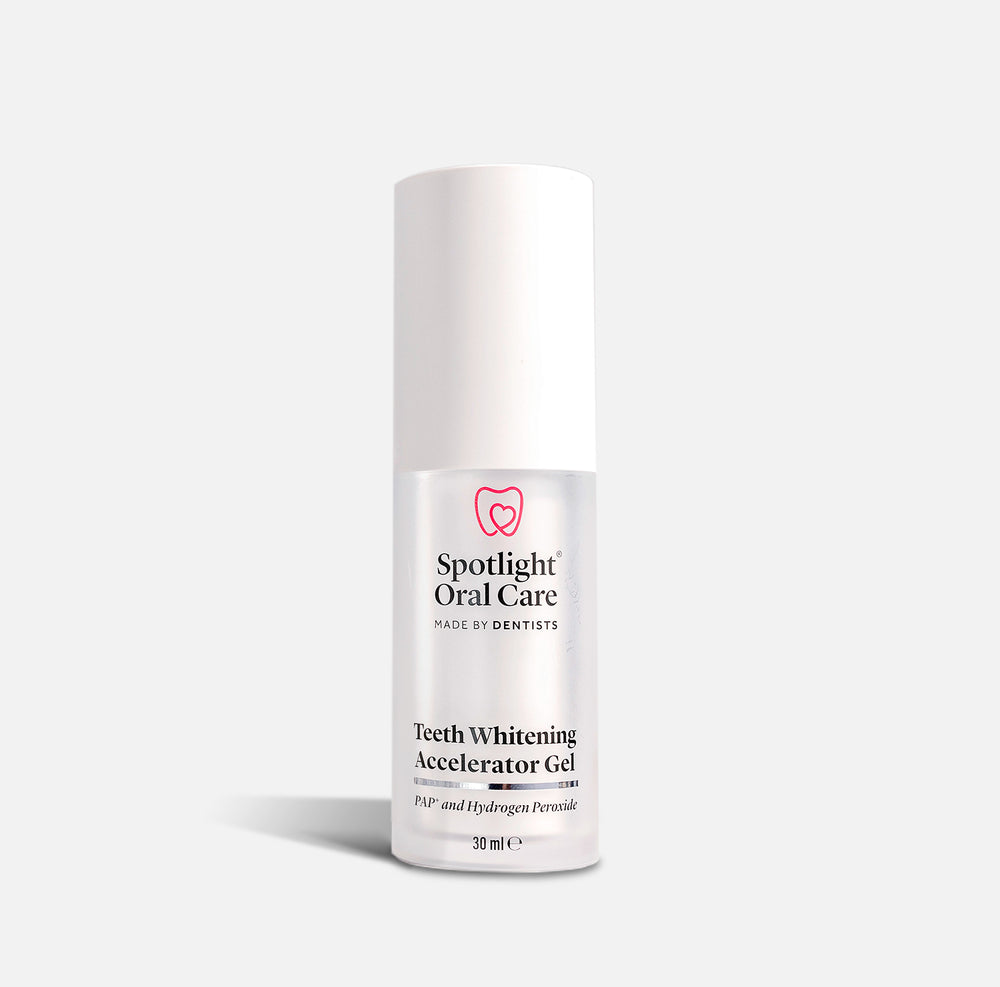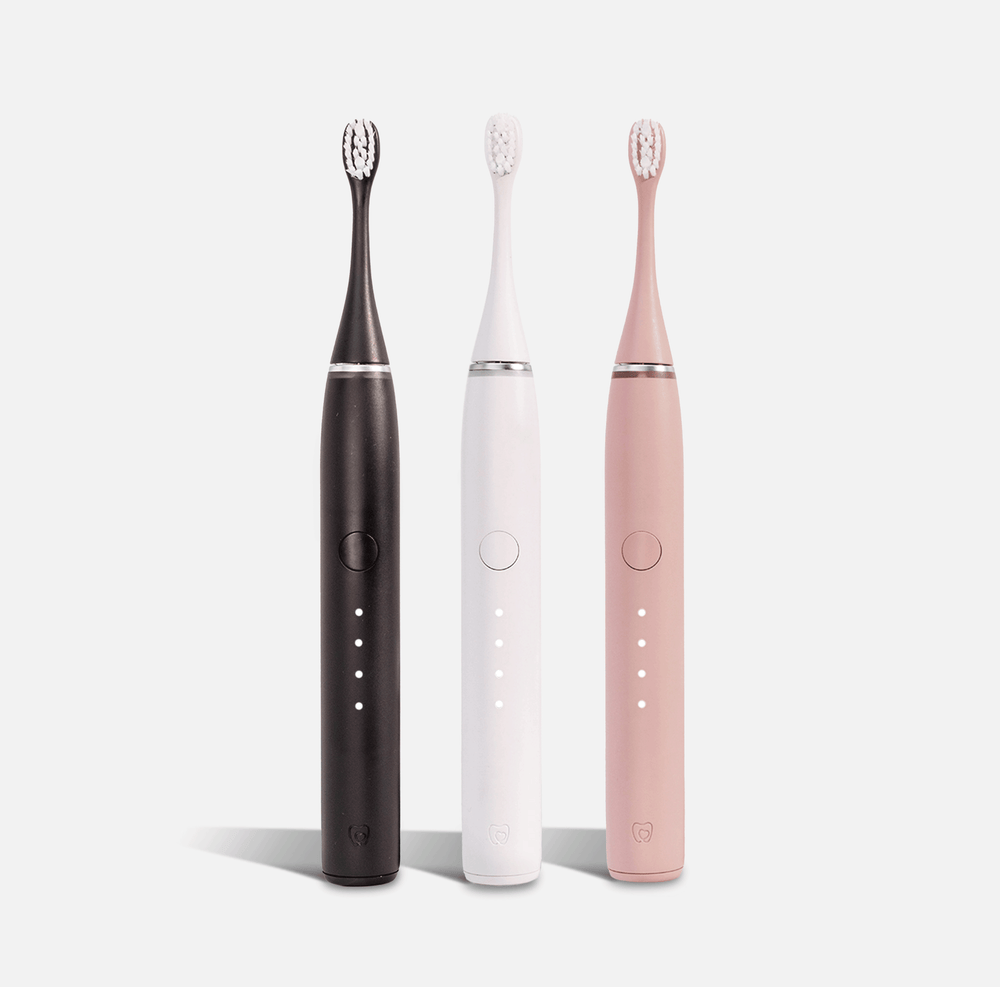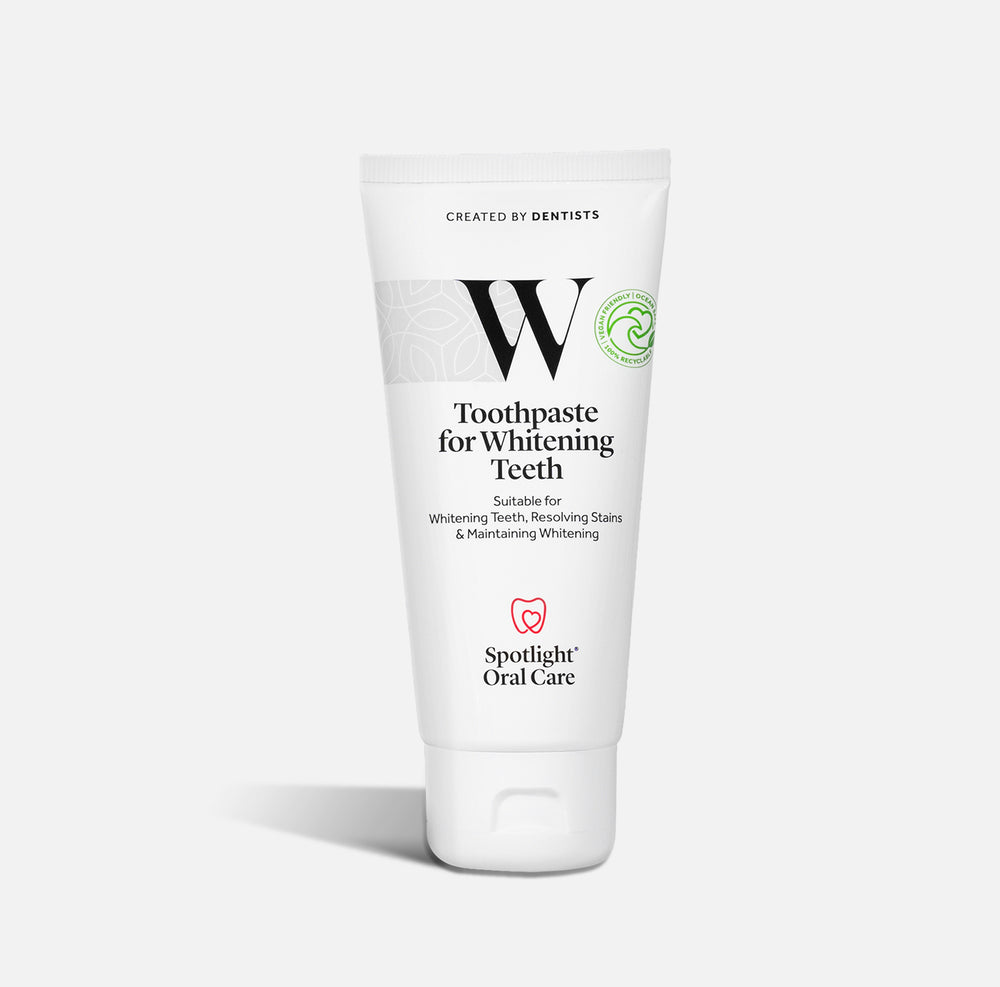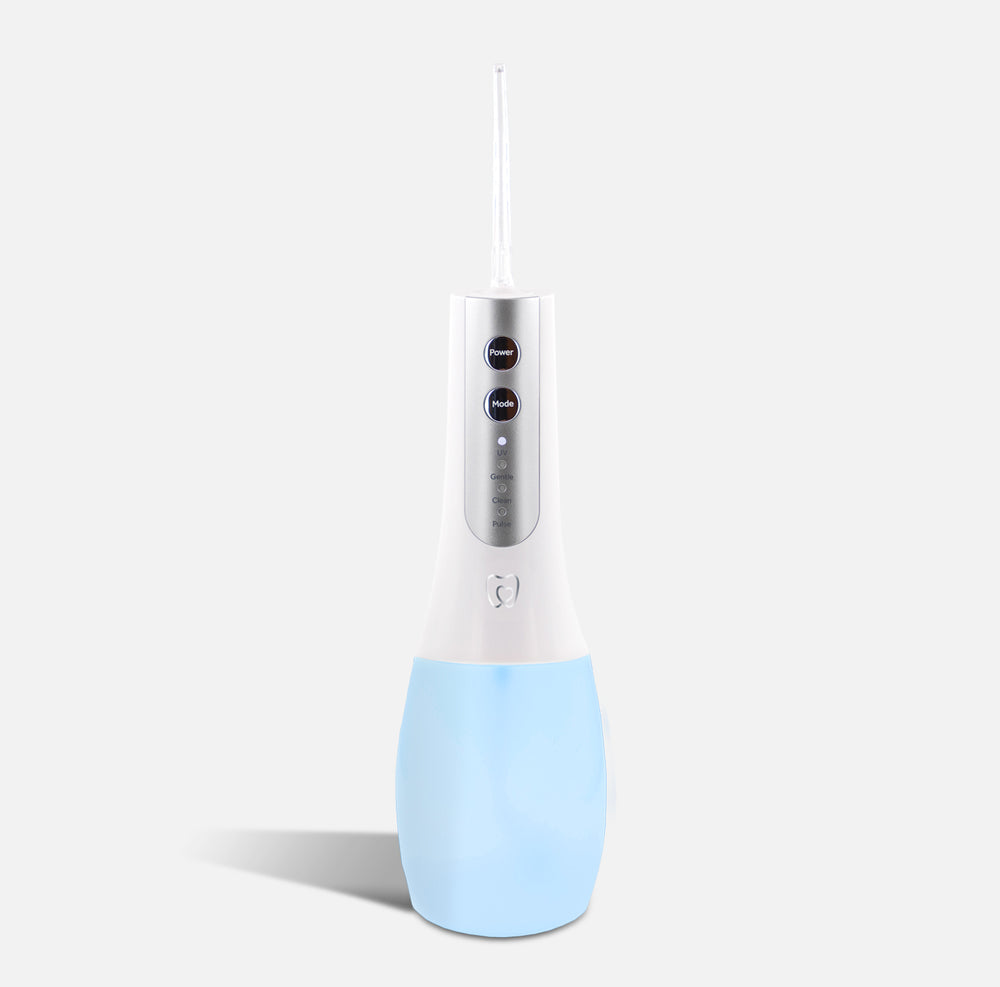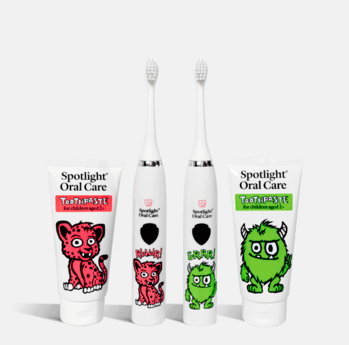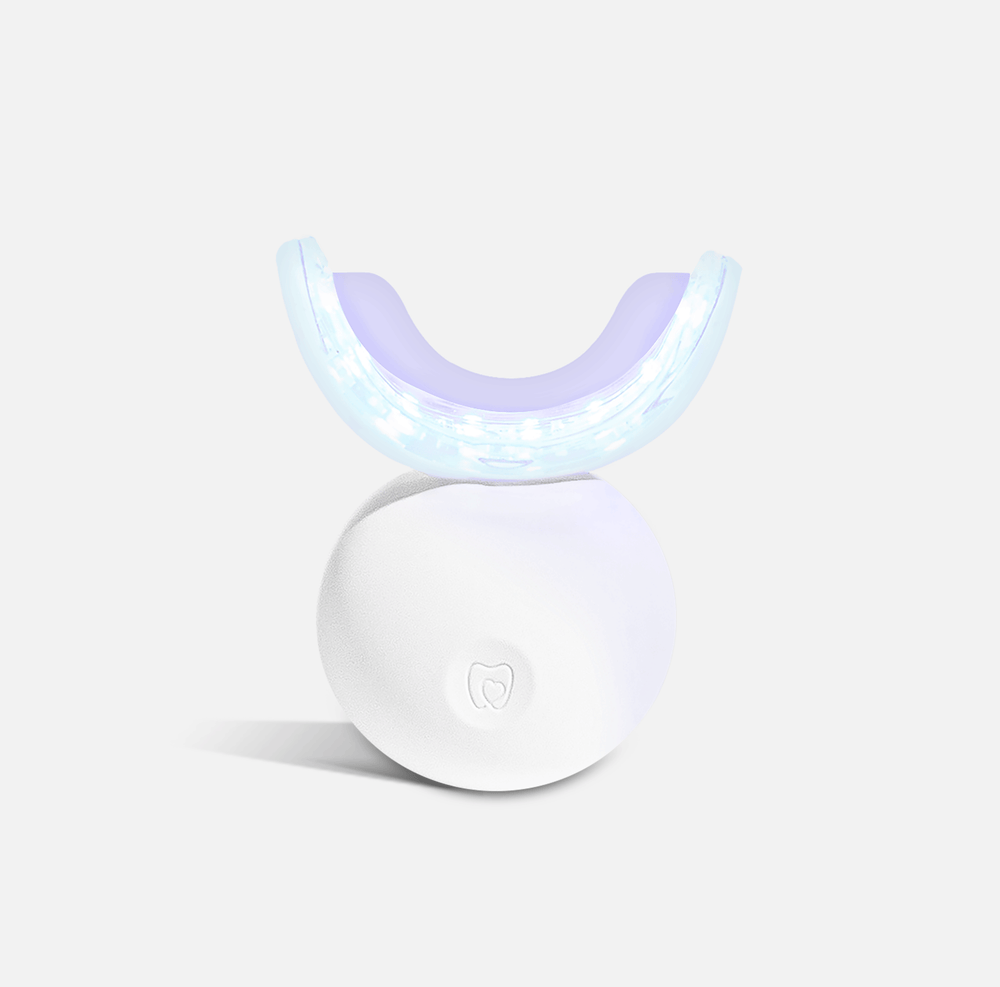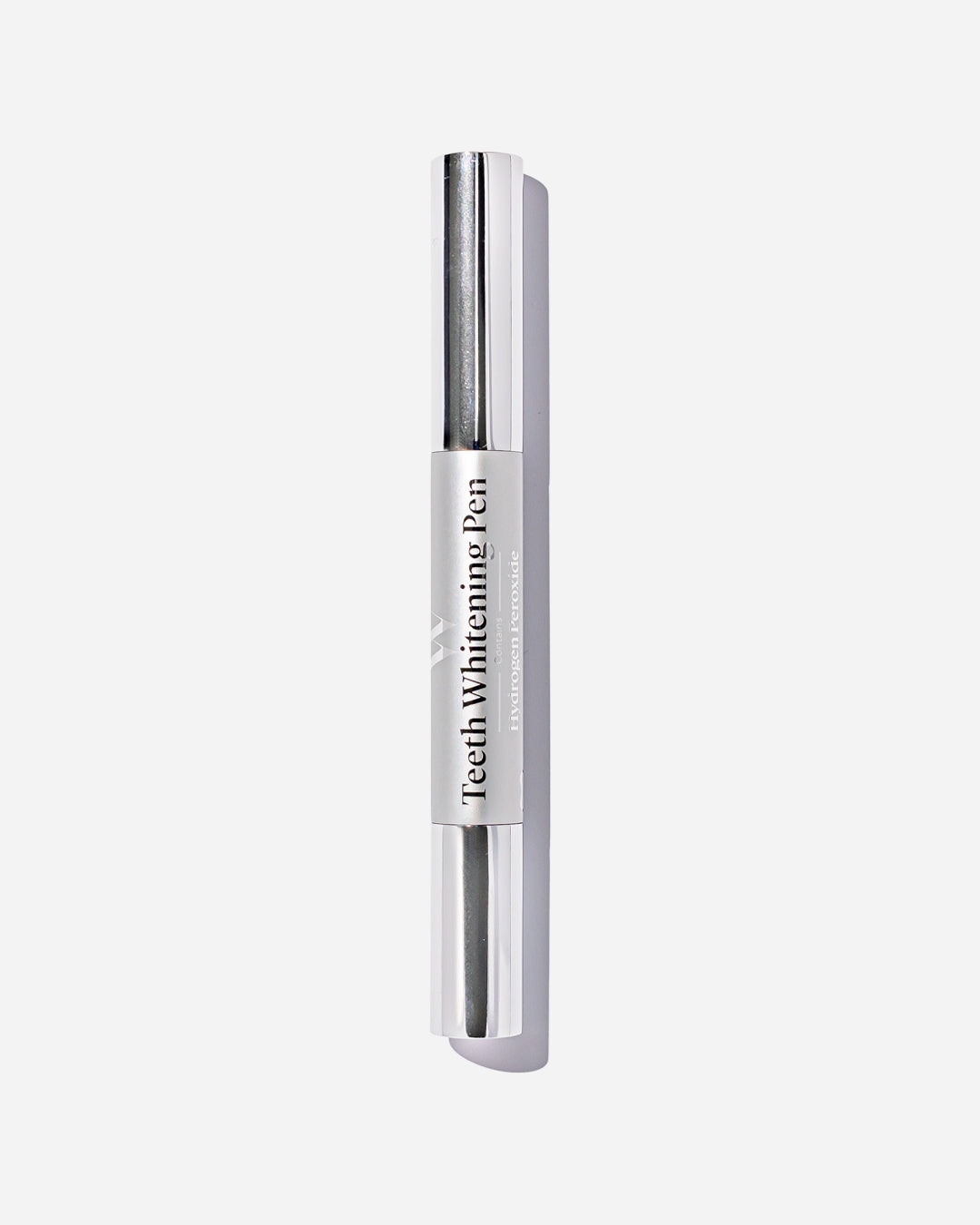Teething can be a difficult time for both baby and parent. However, understanding the teething process and learning safe and effective ways to alleviate teething discomfort is the best way to support your child during this time.
When Do Babies Start Teething?
When babies start teething varies from child to child. Some babies are born with their first teeth, while others can take weeks or months to begin the teething process. For most babies, teeth don't usually appear until 6 months or later, however, they may show signs of teething from about 13 weeks.
Baby Teething Symptoms
While some baby teeth erupt without any pain or discomfort, there are many signs that may indicate when your baby is teething. You may notice your baby is experiencing sore or tender gums, or one cheek may be flushed, indicating the side of the mouth where the tooth is erupting. Other signs include dribbling more than usual, rubbing their ear or ears, chewing on their fists or toys more than usual, irritation and nappy rash. Baby grinding of teeth, or bruxism, often occurs after teething and again when permanent teeth come in, but this is temporary and once teeth have fully erupted, the grinding of teeth experienced by babies should subside.
How To Soothe Your Baby While Teething
It can be upsetting to see your baby in pain or discomfort while teething. There are many safe methods you can use to help relieve them during this time.
Cool Teething Ring
Teething rings can help your baby to chew safely and relieve teething discomfort. Always make sure you choose a teething ring that is the right size for your baby to ensure they will not choke, and always supervise babies while using a teething ring. Keeping the teething ring in the fridge will ensure it stays cool. The cool temperature will help alleviate pain and discomfort.
Playing & Distraction
Playing with your baby and distracting them from teething discomfort can help to boost their mood and take their mind off of the pain. Use toys, books, or take them out to a new environment to stimulate and distract them.
Cool Drinks
Cool liquids help to soothe and ease the discomfort of teething. Cold, fluoridated water is the best drink to give babies, as it is healthy, will hydrate them and the fluoride will help to protect the erupting tooth from decay.
Healthy Foods
Chewing on healthy foods has also been shown to help ease the pain and discomfort of teething. Carrot sticks and breadsticks are ideal, but only for babies 6 months and older.
Treating Nappy Rash
Check and change nappies regularly while babies are teething, as nappy rash can occur during this time. A barrier nappy cream may also help to alleviate any rash.
What Remedies To Avoid
Sugar
While pacifying teething babies with sugar may seem like a good idea, it is not recommended. Sugary food and drinks damage your baby's erupting teeth and cause cavities and decay. Never put sweet drinks including fruit juice into the bottle and never add sugar, syrup, or anything sweet to your baby's foods. If your baby uses a soother, never dip it in sugar, syrup, honey, or anything sweet. It goes without saying that sugar is the root cause of many dental issues for children, so limiting junk food is key. Sugar is also known as sucrose, glucose, fructose, and maltose so always check the labels of food to ensure there are no hidden sugars contained.
Teething Jewellery
The HSE states that teething jewellery should never be used. Teething jewellery can include necklaces, anklets, or bracelets, all of which are easy for babies to choke on. Never put jewellery around a baby’s neck.
Unsafe Teething Products
There are many unsafe, unproven and unlicensed teething products available that are not clinically proven and could harm the health of your baby. Always consult your GP when looking to medicate your baby for teething.
Using a Baby Teeth Schedule or Baby Teeth Time Chart
At Spotlight Oral Care we recommend using a Baby Teeth Schedule or Baby Teeth Time Chart. These charts and schedules work as excellent tools while your baby is teething, allowing you to track which teeth have erupted and developed over time. For many babies, the bottom front teeth appear first at around 6 months of age, followed by the top front teeth which can appear around 8 to 12 months.

